Photos
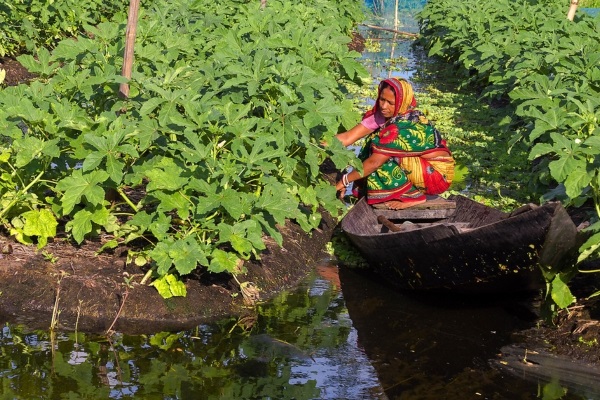
Flickr Album: Floating Garden Agricultural Practices, Bangladesh
15/07/2020
Floating gardens are age-old practice of crop cultivation in the Southern floodplains of Bangladesh.
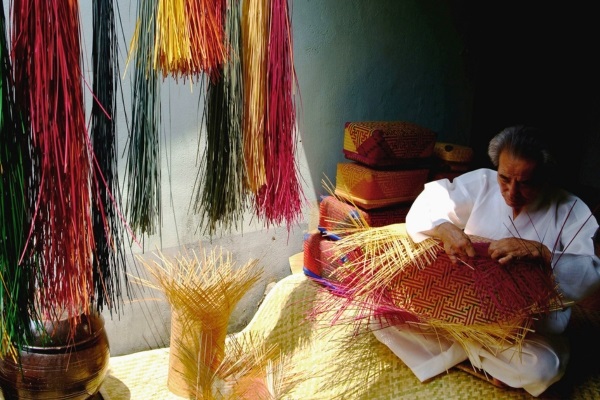
Flickr Album: Damyang Bamboo Field Agriculture System, Republic of Korea
21/06/2020
The Damyang bamboo fields started over a thousand years ago and signs the very beginning of management and cultivation was bamboo crafts.
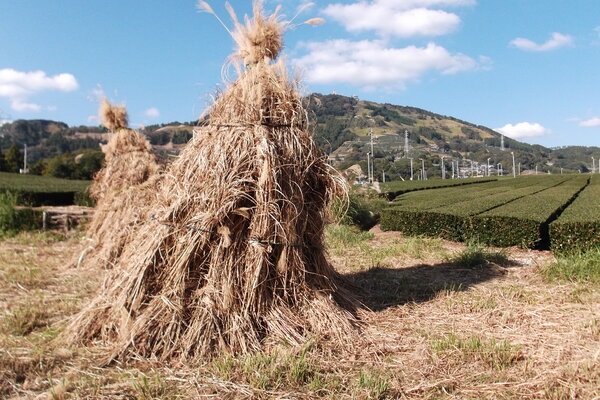
Flickr Album: Traditional Tea-grass Integrated System in Shizuoka
11/05/2020
Shexian Dryland Stone Terraced System is a rain-fed agricultural system located on the mountains and developed thank to local communities’ adaptation with the harsh environment.
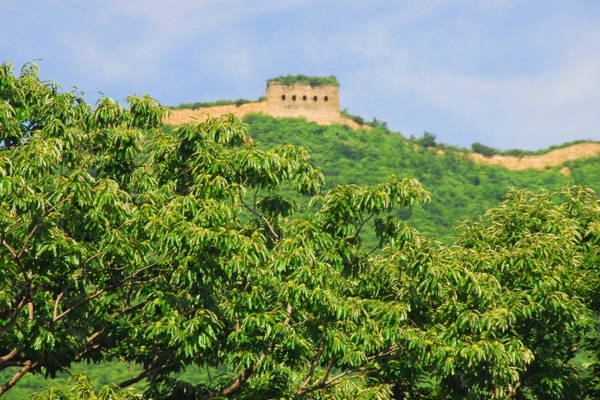
Flickr Album: Kuancheng Traditional Chestnut Eco-Planting System in Hebei Province, China
17/08/2019
The chestnut, an important nut tree species in the world, falls into four categories by region: European chestnut, American chestnut, Japanese chestnut, and Chinese chestnut. The Chinese chestnut is divided into the northern chestnut and the southern chestnut.
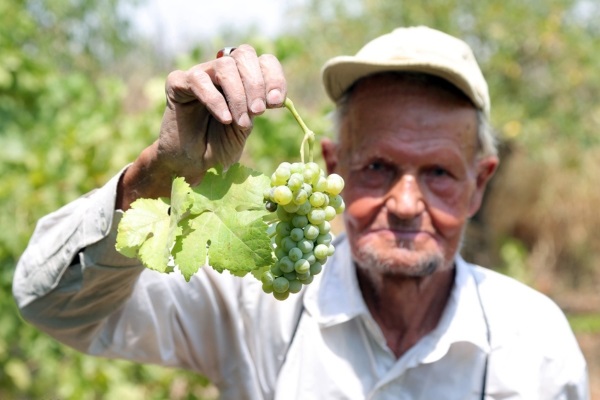
Flickr Album: Ancient Traditional Gardens of Qazvin Bāghestān, Iran
14/05/2019
It is based on common lands and shared pastures, with the animals’ owners paying a shepherd or taking turns to protect herds from predators, freeing the rest of the farmers for other tasks.

Flickr Album: Soave Traditional Vineyards, Italy
31/12/2017
Soave traditional vineyards are an agro-economic system that provide income to more than 3,000 families for 200 years. This system has kept traditional ways to train the vines and succeeded in distributing an income and security to the various stakeholders involved in the production chain, such as grapes producers, wine producers and bottlers, even during the most difficult periods.

Flickr Album: Jeju Haenyeo Fisheries System, Republic of Korea
03/06/2017
The history of Jeju haenyeo dates back approximately 1,000 years and has continued until today through 103 villages still actively involved in this activity. The diving skills of Jeju haenyeo and their wisdom in running a community represent a living heritage that has been listed as an intangible world heritage by UNESCO.
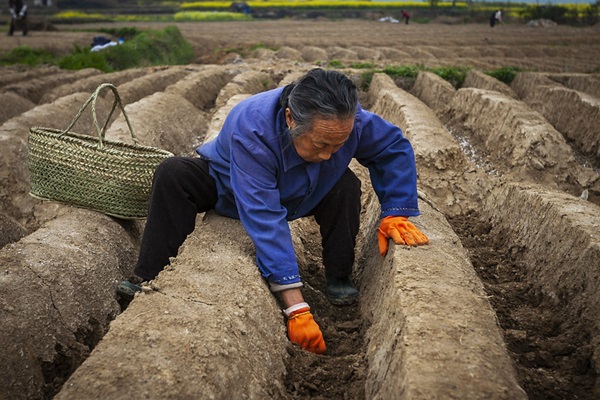
Flickr Album: Tongling White Ginger Plantation System in Anhui Province, China
28/03/2017
©Tongling municipal bureau of agriculture and rural affairs
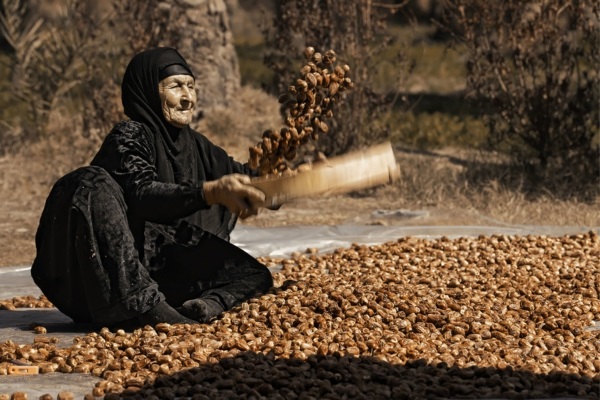
Flickr Album: Dates production System in Siwa Oasis, Egypt
08/09/2016
Siwa oasis is one of the best illustrations of farmers’ ingenuity to adapt agriculture to very harsh climatic conditions.
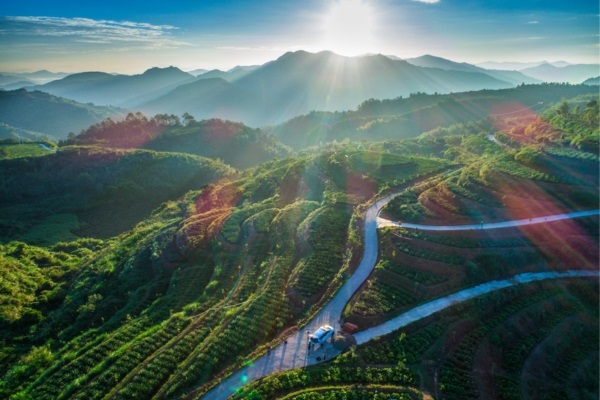
Flickr Album: Anxi Tieguanyin Tea Culture System, China
23/02/2016
As the place of origin of Oolong tea craftsmanship, and as the place where the variety of Tieguanyin tea tree was discovered, Anxi Tieguanyin Tea Culture System is of an evident global importance.
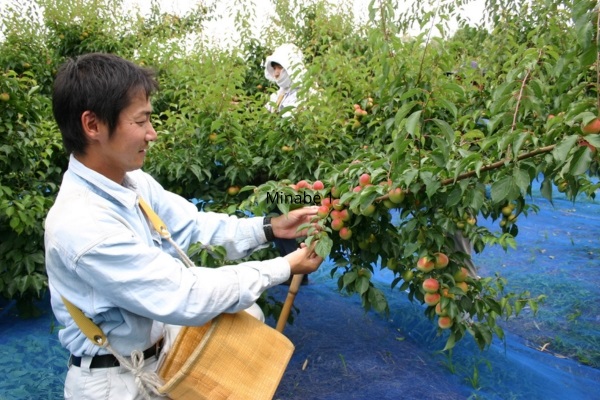
Flickr Album: Minabe-Tanabe Ume System, Japan
23/02/2016
As both food and medicine, Ume (Japanese apricots) has been a highly valued crop in Japan from about 1300 years ago. Minabe-Tanabe Ume System allows for the production of high-quality Ume and various kinds of fruits on nutrient-poor slopes.
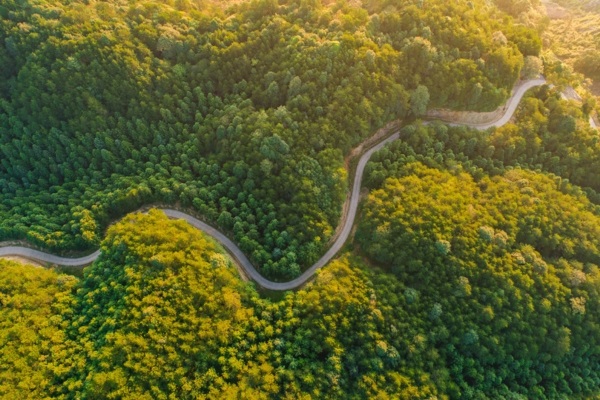
Flickr Album: Qingyuan Forest-Mushroom Co-culture System in Zhejiang Province, China
23/02/2016
As the place of origin of Oolong tea craftsmanship, and as the place where the variety of Tieguanyin tea tree was discovered, Anxi Tieguanyin Tea Culture System is of an evident global importance.
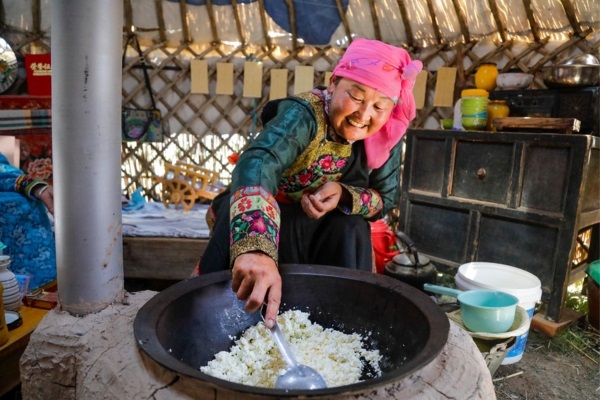
Flickr Album: Ar Horqin Grassland Nomadic System in Inner Mongolia, China
23/02/2016
As the place of origin of Oolong tea craftsmanship, and as the place where the variety of Tieguanyin tea tree was discovered, Anxi Tieguanyin Tea Culture System is of an evident global importance.
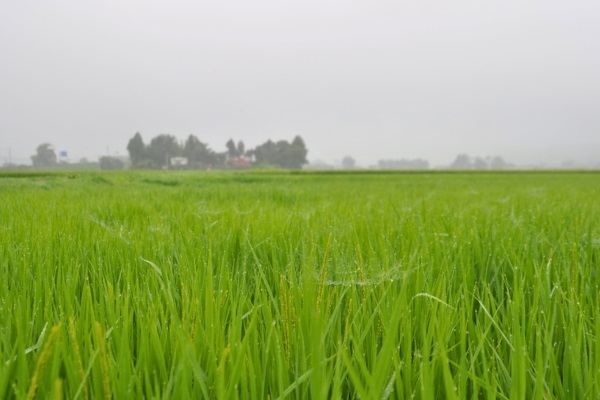
Flickr Album: Osaki Kôdo's Traditional Water Management System for Sustainable Paddy Agriculture, Japan
17/05/2015
The Osaki region has developed as a paddy agriculture region by using the lowland swamps and wetlands that extend across the basins of Eai River and Naruse River.
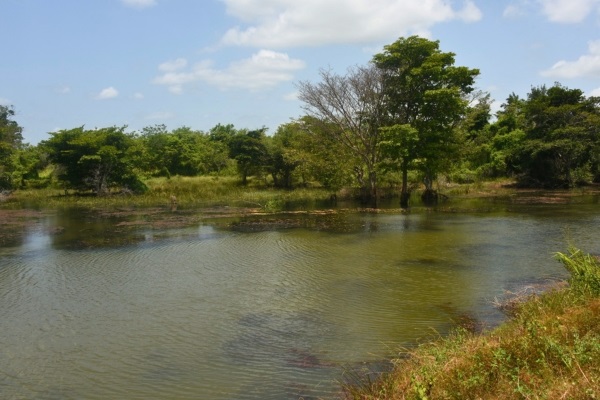
Flickr Album: The Cascaded Tank-Village System in the Dry Zone of Sri Lanka, Sri Lanka
13/04/2015
The Cascaded Tank-Village System (CTVS) is described as a connected series of tanks organized within a micro-catchment of the dry zone landscape, storing, conveying and utilizing water from an ephemeral rivulet.
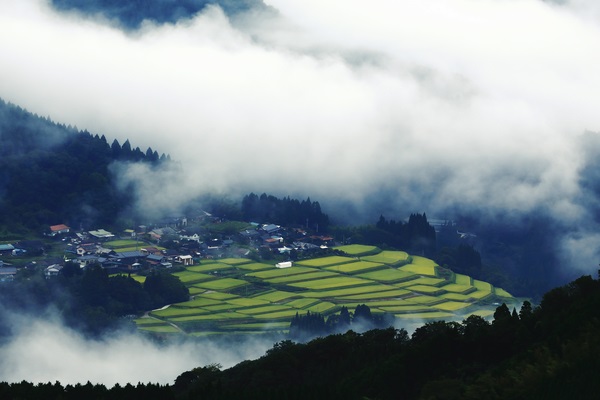
Flickr Album: Takachihogo-Shiibayama Mountainous Agriculture and Forestry System, Japan
02/08/2014
The GIAHS site is a steep mountainous site enclosed by the peaks of the Kyushu-Mountains, ranging from 1,000 to 1,700 meters in elevation. Mentioned in ancient Japanese chronicles such as the Kojiki and Nihon Shoki, myths and traditions are cherished even today.
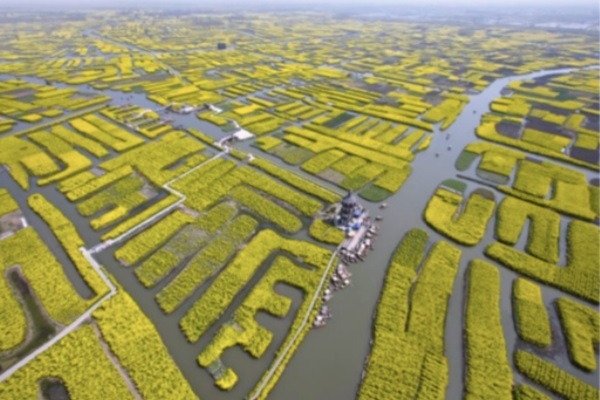
Flickr Album: Xinghua Duotian Agrosystem, China
24/10/2013
Xinghua Duotian agrosystem is a world-level wonder for its unique water-land utilization method in low-lying land and its splendid raised field landscape. In the past thousands of years, in order to fight against floods, the ancestors in Xinghua built wooden structure to support field, raised mud into small stacks, and formed the original raised field.
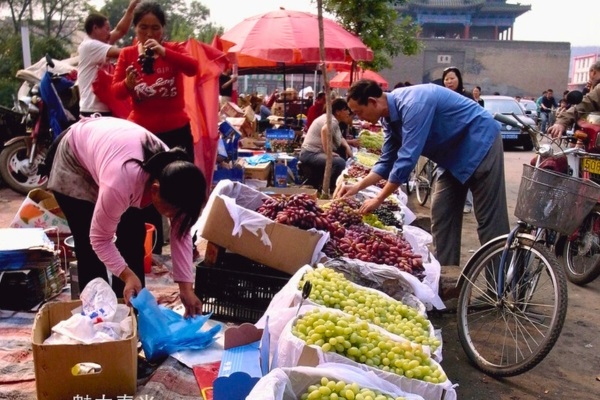
Flickr Album: Urban Agricultural Heritage – Xuanhua Grape Garden, China
24/10/2013
The dynamic conservation of this vineyards and its grape varieties, is part of the Xuanxua farmers’ tradition, culture, promoting national heritage, but also serving as a platform and source of information for scientific research on ecology, economy, society and culture.
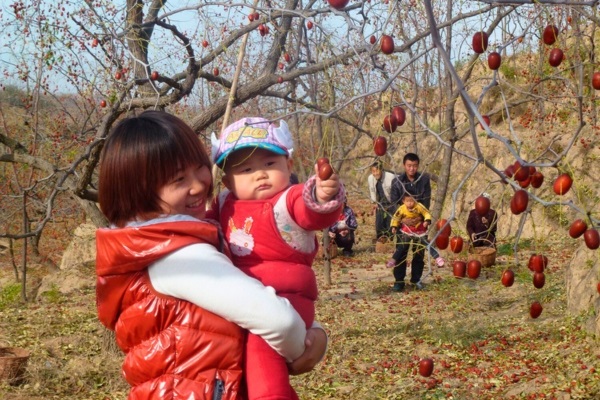
Flickr Album: Jiaxian Traditional Chinese Date Gardens, China
24/10/2013
The dynamic conservation of this vineyards and its grape varieties, is part of the Xuanxua farmers’ tradition, culture, promoting national heritage, but also serving as a platform and source of information for scientific research on ecology, economy, society and culture.
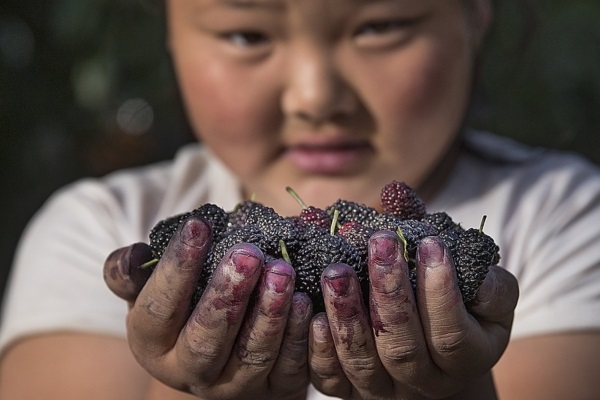
Flickr Album: Traditional Mulberry System in Xiajin’s Ancient Yellow River Course, China
30/07/2013
The heritage system has witnessed the development of China’s sericulture industry, and enjoys rich cultural connotations. It embodies the historic memories and spirits relating to the ancient course of the Yellow River and the mulberry trees.

